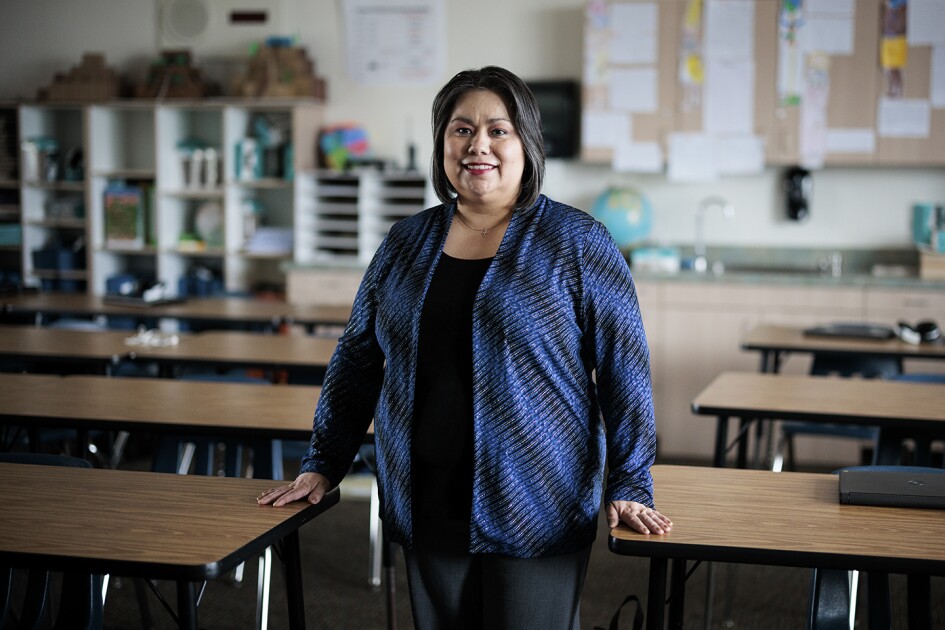The Detroit Federation of Teachers, along with the American Federation of Teachers, has filed a lawsuit against Detroit public schools and Emergency Manager Darnell Earley, alleging that the district has failed to “provide a minimally adequate education and to properly maintain the schools.”
Parents and students are also named as plaintiffs in the lawsuit, the latest volley in a frenzied legal struggle between teachers and the leadership of the troubled state-run school district.
In the lawsuit filed Thursday in Wayne County Circuit Court, the union asked the court to remove Earley from his position and return the school district, which has been under state oversight since March 2009, to local control. Also, the lawsuit seeks to force the district to perform thorough, periodic building inspections.
Teachers protesting building conditions and other issues have shut down dozens of schools in recent weeks with planned sickouts, drawing attention to problems in Detroit, one of the nation’s worst-performing school districts.
Recent inspections of schools by city workers have uncovered numerous code violations including issues with mold, rodents, broken glass, and leaking roofs. The lawsuit said district officials, including Earley, have allowed the condition of schools to “deteriorate to the point of crisis” and “forced Detroit’s school-age children to spend their young lives in deplorable surroundings risking their health and safety in the process.”
Michigan Gov. Rick Snyder appointed Earley as the school district’s emergency manager in January 2015. This isn’t the first time Detroit residents have tried to get rid of an emergency manager—the Detroit school board asked a court for permission to remove Earley’s predecessor.
The district has also turned to the courts as they push back against the teacher protests.
Earlier this week, a Detroit judge denied Earley’s effort to stop the sickouts. The district sought an injunction to stop the mass coordinated absences, arguing that the teacher protests amount to illegal labor strikes and have unfairly hurt the students by denying them access to education.
With the threat of more sickouts potentially on the horizon, the case isn’t dead. The presiding judge has set a preliminary hearing for mid-February where both sides will present witnesses and submit briefs.



